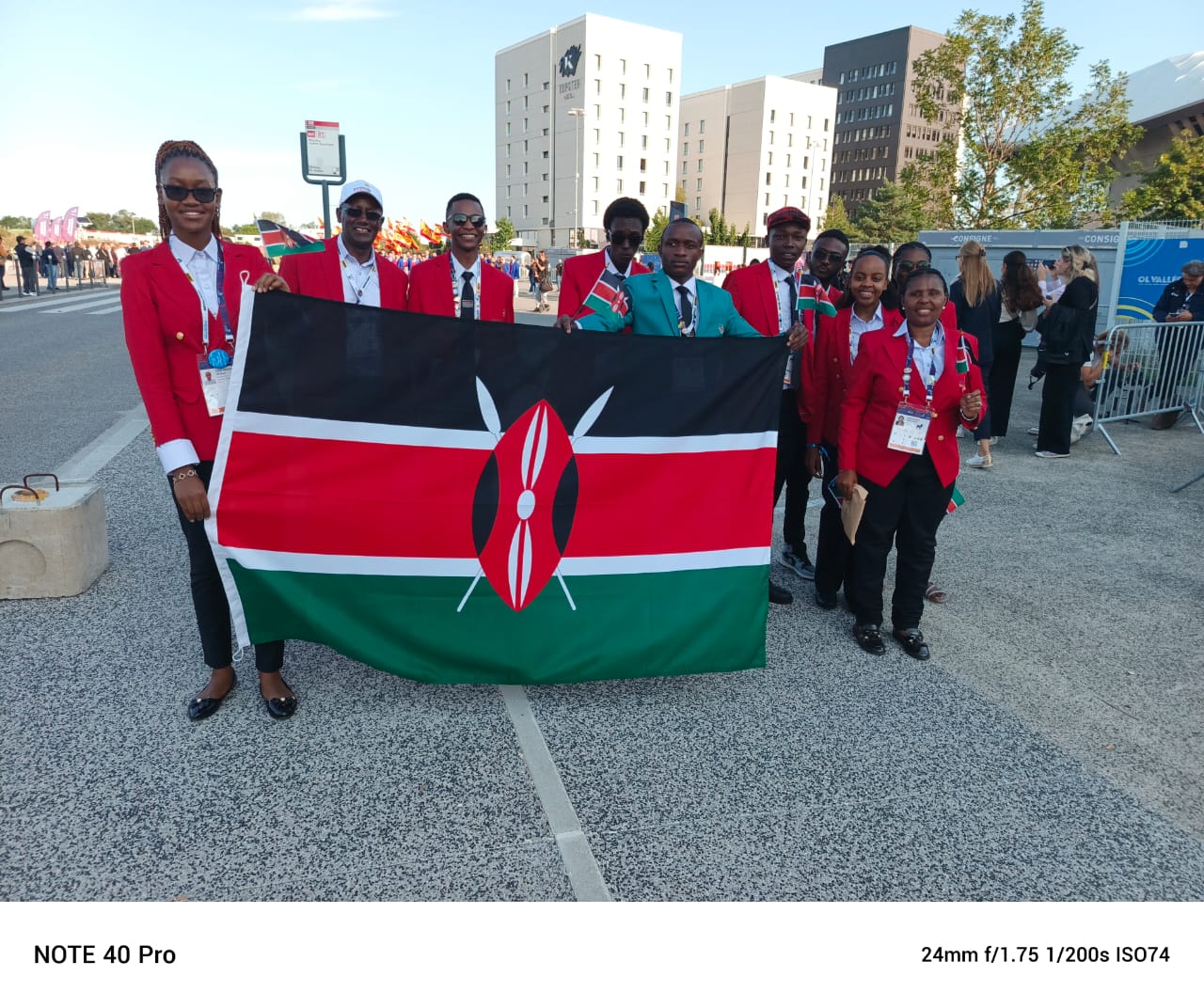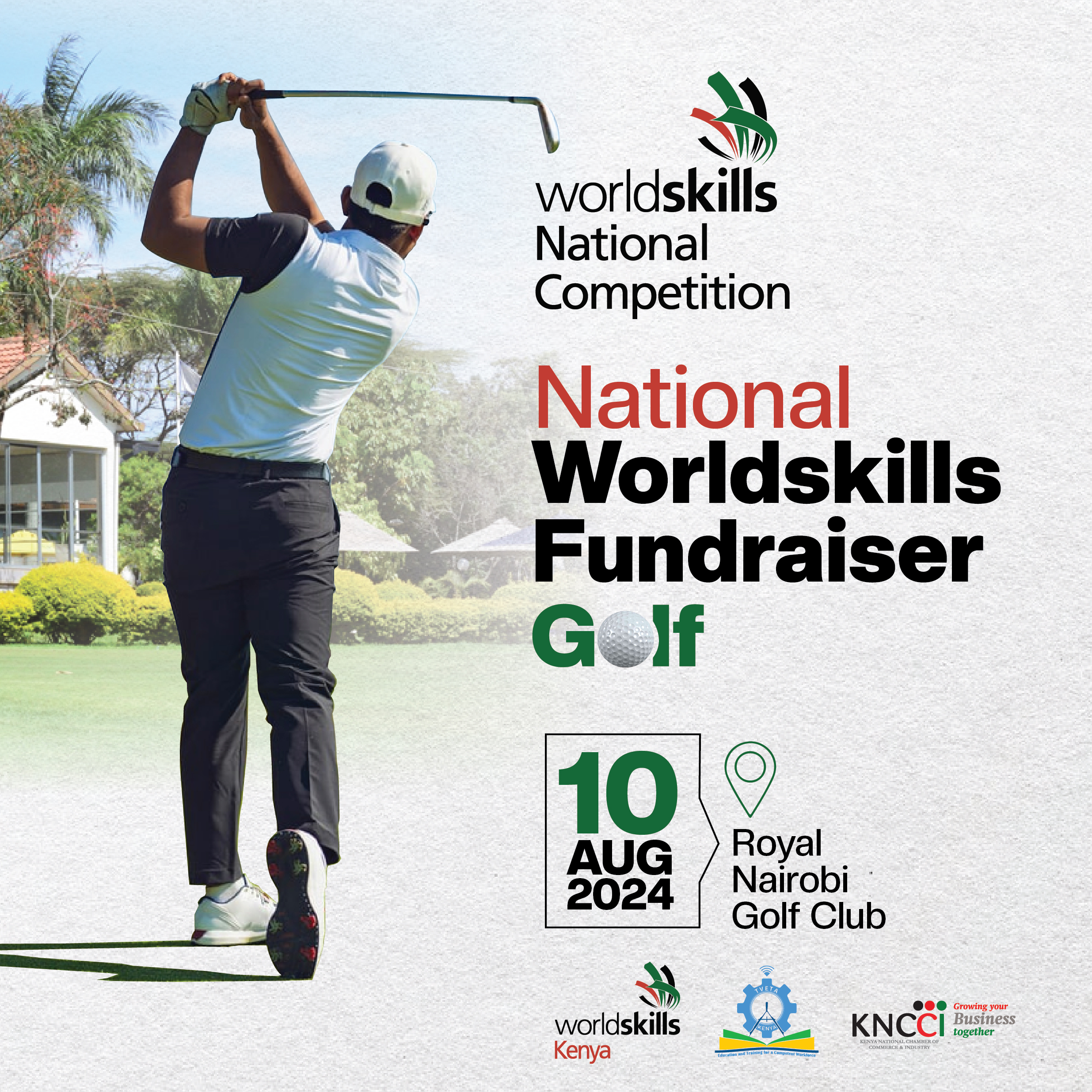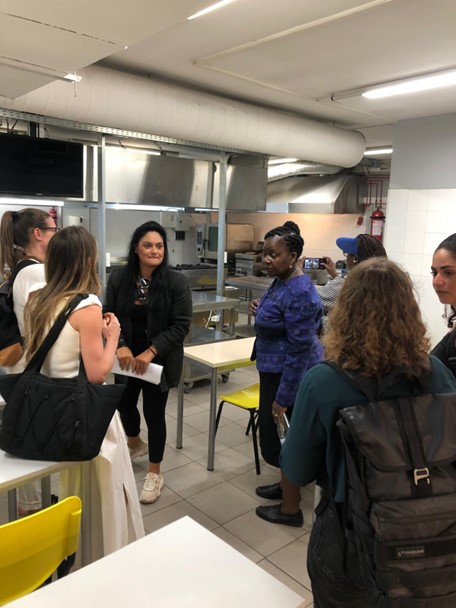By Dr. Kipkirui Langat
The 45th WorldSkills Competition (WSC) came to a close this Tuesday at the KAZAN EXPO International Exhibition Centre in Kazan, Russia.
Unfortunately, Kenya, which has established itself as a leader in training and a beacon of innovation in the region, was conspicuously absent in an event aptly dubbed the “Skills Olympics”, where young people congregate to showcase their prowess in 56 skill areas and get the attendant recognition at this pinnacle of excellence in vocational education and training.
The WSC is organised by WorldSkills International (WSI), a not for profit membership association open to agencies or bodies which have a responsibility for promoting vocational education and training in their respective countries or regions. Over the years it has been recognised as the ultimate acme of distinction in technical and vocational education and training that has continued to provide both a benchmark for high performance and an objective way to assess vocational excellence since it was founded in 1950 in Spain.
This year’s edition, which I attended, was held in Kazan from 22-27 August 2019 and attracted more than 1,300 competitors from 63 Member Countries and regions out of the membership of 82 countries. Over 250,000 visitors from Russia and the rest of the world also attended to sample the very best skills and innovation in a range of different skilled areas.
The competitors who participated at the global stage represented the best of their country’s top layer and were selected from local, national and regional skills competitions under the armpit of the WorldSkills.
They competed for honours in 56 skills, which are categorized under; Construction and Building Technology, Creative Arts and Fashion, ICT, Manufacturing and Engineering Technology, Social and Personal Services, and Transport and Logistics. The winners received gold, silver and bronze medals at the end of the competition, with those who achieved above-average scores in their contest areas receiving Medallions for Excellence.
For the first time the competition included 25 Future Skills which attracted 169 participants from 16 countries. The Future Skills project had three components; research, practical, and educational. The research done for many years allowed determining what skills will be in demand following transformation of labour market in aerospace industry, metallurgy, IT, and other spheres. The practical part included implementing the research results in the course of completion of various levels. But the most interesting part was educational one with training modules for the new skills formed following competition. It is the very part that allows training of new production personnel. Participants in this area came from technical universities and technopolis.
The competition was held alongside a two-day WorldSkills Conference that discussed economic, social, and technological trends and also tried to find solutions to the most pressing issues in educational systems, workforce training, and labour market transformation. This year’s conference was held under the theme ‘Skills for Change: Building Blocks for Impact’.
During the conference, there were over 30 sessions gathering together participants from 60 countries. These were representatives of the world’s foremost vocational and skills development organizations, leading corporations and governments, researchers, industry partners, global experts in futurology, as well as experts in risk engineering, education, green economy, digitalization, and automation.
There was also International Summit for Ministers who are in charge of vocational education and training in their countries alongside the conferences to discuss developments in the field.
This year’s competition was even special because our neighboring country Uganda together with Ghana were officially inaugurated into the WorldSkills family as the 81st and 82nd member countries at the General Assembly of WorldSkills International.
The duo became the 1st East African and West African country to join WorldSkills International. The other WSC African member countries include Tunisia, Egypt, Morocco, Namibia, South Africa, and Zambia.
Our absence in the imperial competition notwithstanding, as a government and working together with partners under the Permanent Working Group (PWG) on TVET framework, have laid down structures that will hasten our steps into joining the cream at the WorldSkills Competition. Our application for membership is already before WSI awaiting consideration in the next General Assembly later this year.
Under the PWG armpit we have already organised three-day Hands On The Future (HOTF) national skills show and career event dedicated solely to technical and vocational education and training institutions, which has been so far a huge success that has offered our youth and TVET institutions a platform to showcase their strides.
The second edition HOTF Kenya skills show, which was held between 8th to 10th February 2019 at the KICC, was a huge success. The unforgettable three -day skills fair surpassed our targets by attracting a record attendance of over 20,000 young Kenyans and parents who had keen interest to interact with best practices and innovations in the TVET Sector.
However, Kenya being a regional and continental stalwart in the arena of creativity and innovation, it is time as a country, together with our partners, we scale up the efforts so far achieved and test our mettle at the international stage. There is no better way to do it than have our name at the competitors list in the mercurial WorldSkills Competition. We should aim at participating in the Worldskills Africa 2020 and Worldskills International in Shanghai China in 2021.
We have already started than long journey. In fact during the opening ceremony at the Kazan WorldSkills Competition, the outgoing President of WorldSkills International, Simon Bartley, urged the General Assembly to strive hard and bring onboard more African countries since their membership is too low considering the growing population in the continent which is projected to be two billion in the next twenty years and the limited number of job opportunities available.
During Skills Development in Africa Conference he indicated that he was already in touch with ten more African countries including Nigeria, which is the biggest economy in Africa, as well as thirteen other countries in the around the world to join WorldSkills International. During this event Namibia was elected to host the next Worldskills Africa 2020 competition.
The opportunities offered by WorldSkills competition are immense for both the competitors, employers and industry, colleges, trainers and the country at large. According to research by WorldSkills International, about 25 per cent of the competitors interviewed became self-employed after taking part in the skills competition. The majority indicated that they would not have started their own businesses without the WorldSkills training, which gave them the necessary confidence, self-esteem and people skills.
This is one the reasons as the TVET Authority, a government agency mandated to regulate and coordinate TVET in Kenya is spearheading steps that will see the country join the WorldSkills Competition and create a platform for our youth to dream big and as a country, claim our space amongst the peers.
The author is the Director General/ CEO, TVET Authority
E-mail: langat.langat@tveta.go.ke



